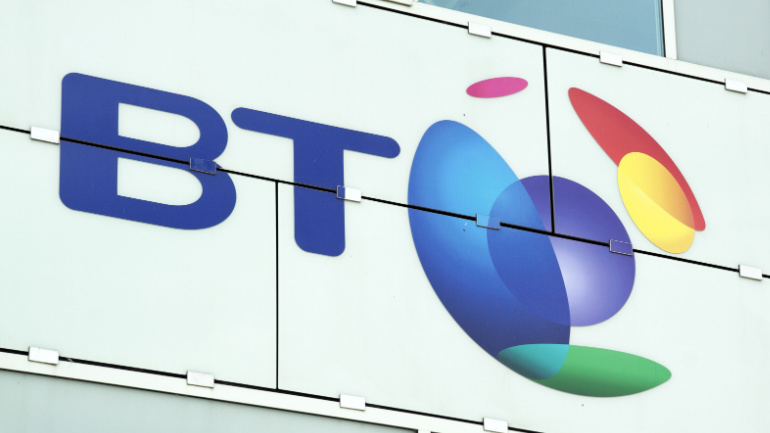Ofcom’s recent quarterly report reveals a surge in customer complaints against Virgin Media, prompting scrutiny into its cancellation policy. Despite contention from VMO2, the report paints a stark contrast between Virgin Media’s dissatisfaction rates and Sky’s remarkable customer approval.
Telecommunications giant Kirin partners with Chinese auto manufacturer Dongfeng, aiming to innovate in ‘new energy’ automobiles. The deal looks to infuse Huawei tech into Dongfeng’s vehicles, sparking curiosity around specifics and outcomes. Voyah, the brand at the center of the deal, ambitiously plans to double their output, leveraging China’s vigorously blooming EV market.
Recognizing the growing demand for mid-band spectrum, the International Telecom Union (ITU) appends new frequency bands for 5G usage. A significant addition was the 6GHZ spectrum, which is anticipated to facilitate the 5G evolution. Multiple global operators have conducted successful tests, making strides toward a seamless shift to 5G-Advanced. This advancement not only opens a myriad of industry opportunities but also promises an improved user experience potentially comparable to the fiber experience.
Discover Altnets and ISPA’s newly launched report’s deep dive into UK’s full fibre broadband sector. Unearth historical setbacks and the transformative impact of procurement strategies in this detailed analysis. Insight-packed, it fosters understanding of the sector’s intricacies and highlights Altnets’ contribution to the gigabit broadband transition.
DIDWW, a global provider of premium quality VoIP communications and SIP trunking services, is proud to announce the acquisition of national telecom operator licenses in Hong Kong. This significant milestone reinforces DIDWW’s commitment to deliver top-tier telecom services and expand its global footprint. With licenses already held in 28 countries and its own numbering resources in 13 regions, DIDWW affirms its extensive reach and comprehensive telecom capabilities to meet the evolving needs of businesses worldwide.
CMC Networks (“CMC”) a leading provider of global telecommunications services and ConnectiviTree (Europe) AG (“ConnectiviTree”), a trailblazer in digital infrastructure solutions, are proud to announce they have signed a Co-Operation Agreement. This transformative partnership brings together ConnectiviTree’s innovative technology and RootNet network and CMC Networks’ extensive reach to revolutionize the landscape of global connectivity.
Navigating the shift from traditional to cloud-based communication systems amidst a growing hybrid work culture, HCS steps up to provide sustainable solutions. With a new division dedicated to this transition, the telecom giant anticipates significant returns and business expansion.
Navigating the challenging mandates of the dynamic telecommunications world, UK’s premier telecom operator, BT, stumbles upon an obstacle. The company has failed to adhere to the deadline for the complete removal of Huawei equipment from its core network. The deadline, already deferred twice, raises doubts over the telecom titan’s ability to successfully transition away from Huawei’s infrastructure within the stipulated timeframe. A UK law dictates all network carriers to rid their systems of Huawei equipment by the end of 2027.
As Germany’s “Gigabit funding 2.0” program faces potential budget reductions, there’s concern it may throttle the rollout process with overcrowded construction capacity, causing a potential lag in projects. Meanwhile, the Federal Ministry for Digital Affairs declares a €3.6 billion allocation for the ourishing fibre-optic network industry.
Embark on a festive journey with our 12 articles – one for each day of Christmas – exploring the dynamic realms of VoIP and the telecommunications sector. From unveiling the trends shaping the industry to enhancing professional communication skills and delving into the future of sustainable communications, each article offers a unique perspective on the evolution and impact of telecommunications.













